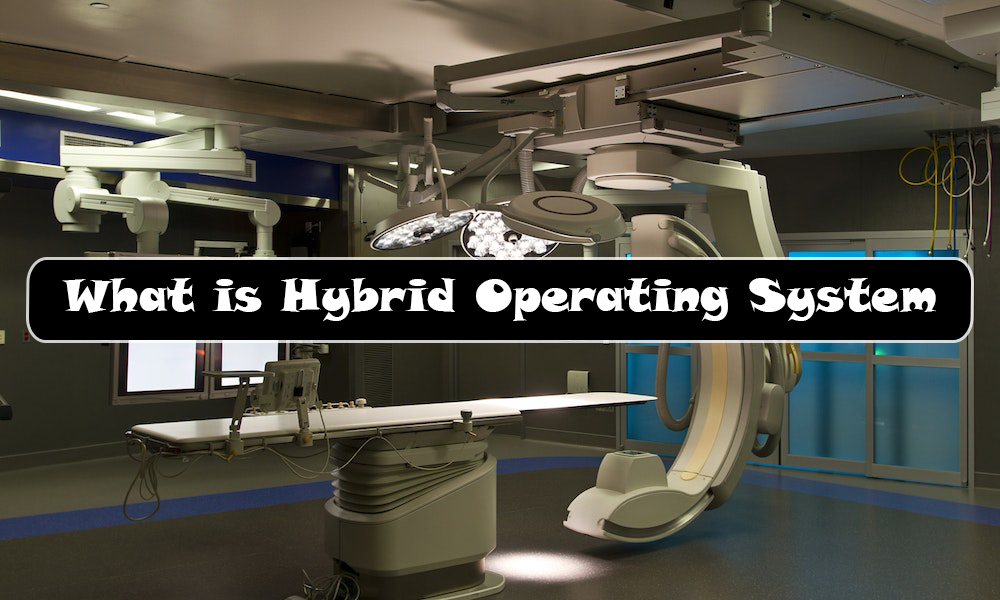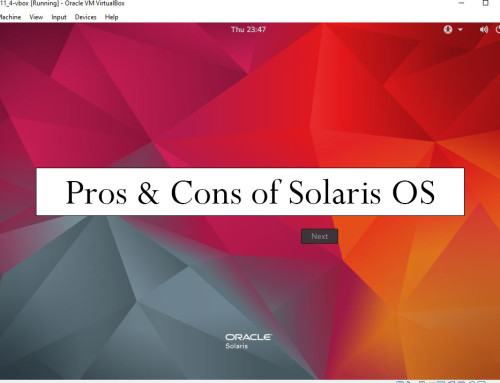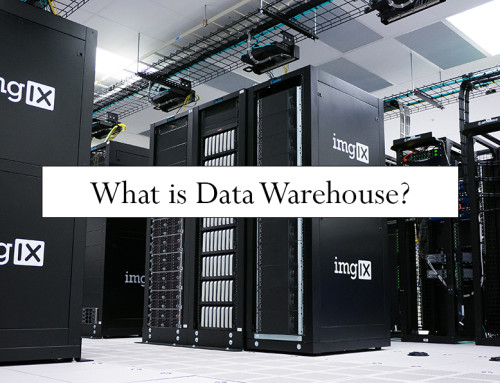Definition of hybrid operating system
The hybrid operating system is a type of OS that combines features of both microkernel OS and monolithic OS into one space. This type of OS has two OS running on one machine. One OS boots the system and the other OS uses the remaining resources of the system.

In hybrid kernel bus controllers and virtual files systems are kept in kernel mode which makes the kernel small. While storage drivers and file system drivers are kept outside the kernel space.
Note that the kernel is the core of the computer that manages memory and CPU time. It allocates memory to different processes and assigns a time limit to each process.
A hybrid OS manages normal computer files and also is used to host and run web applications. As you know that online servers are present that are running the internet. All the online web applications are managed by online servers that use hybrid technology.
Hybrid systems can consume battery in a better way and uses lightweight hardware. These systems use ARM processors which are typically used in smartphones and tablets.
The hybrid OS technology is used in all types of new Operating systems like iOS, Android, macOS, Linux and Windows NT.
As you know there is also emulator software available for PC that installs another operating system in the computer. Suppose you want to install Linux on windows 11 for testing purposes then you can use emulator software. You can assign some memory and processor power to the emulator for running the new OS. The emulator then uses the memory and processor that you assign to that OS.
Some features of the hybrid OS are:-
- The number of layers is small
- Kernel is fast
- Higher security
- Easy to manage
- Runs two OS in one machine
- Runs web applications
- Resources are better managed
- CPU time is divided among different OS
Examples of hybrid operating systems
Some examples of the hybrid OS are:-
- Android OS
- iOS
- Linux
- macOS
- Windows NT (Windows XP, Windows 2000, Windows 7, Windows 8, Windows 10 and Windows 11)




